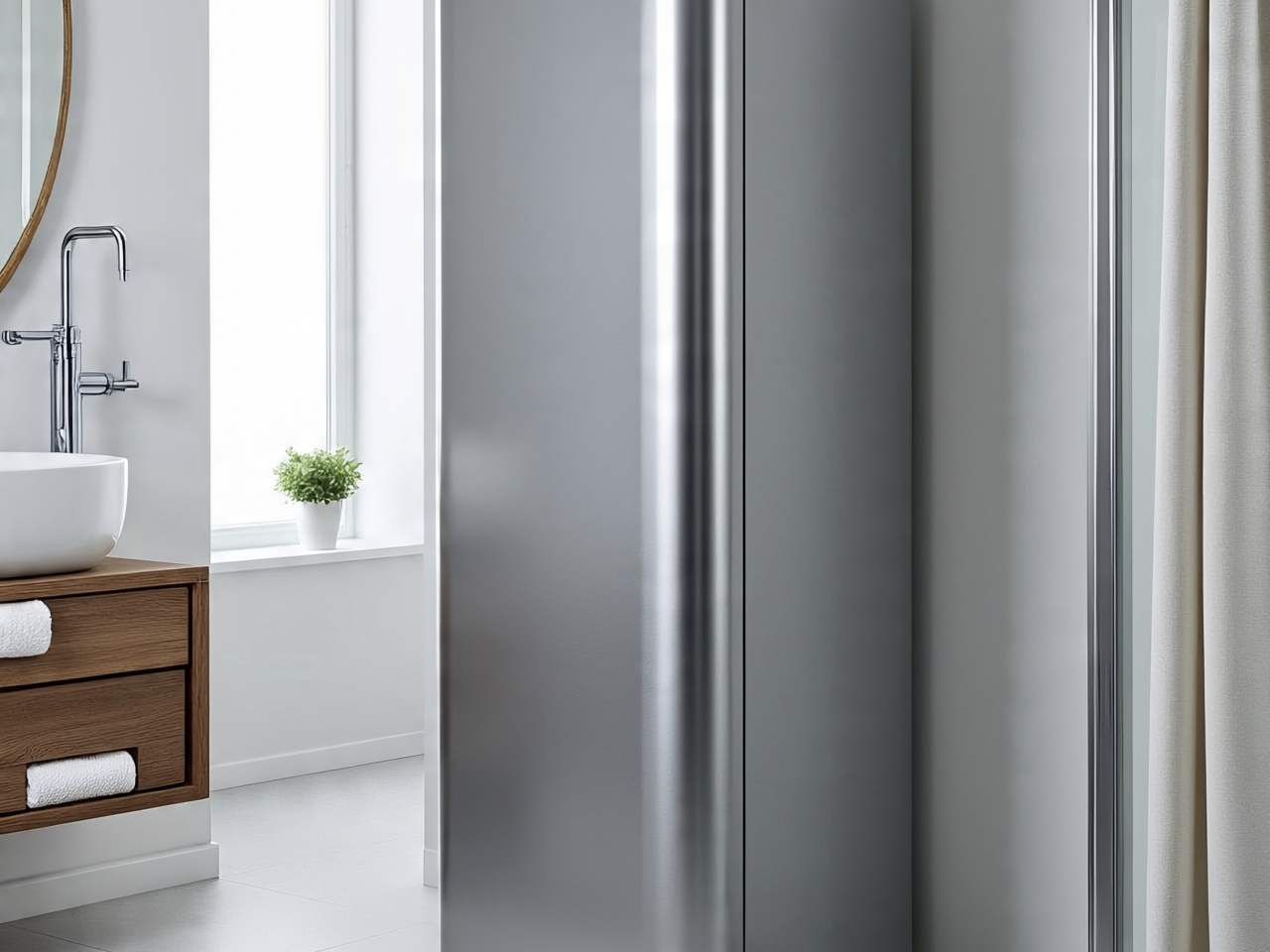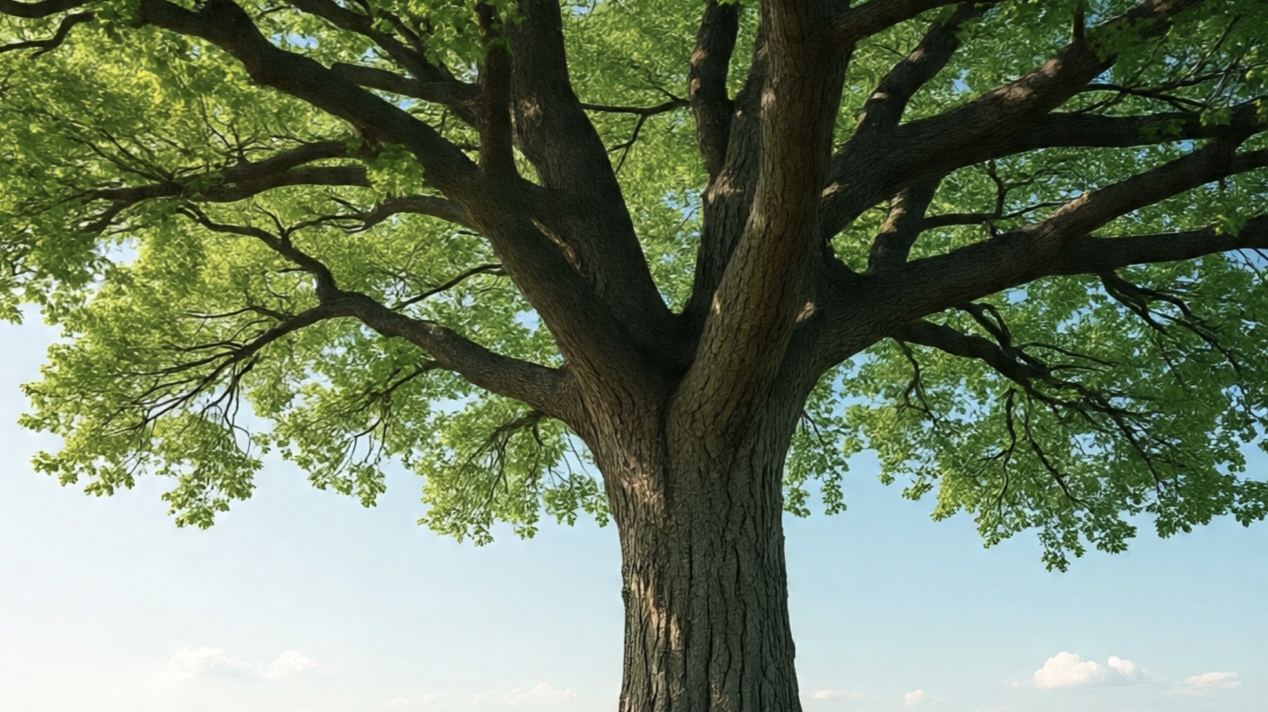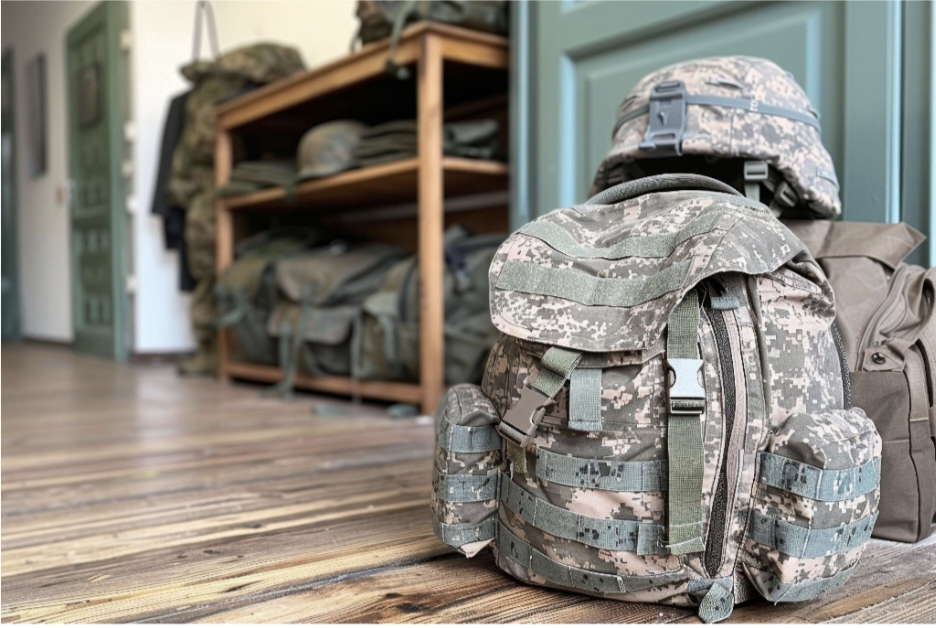Beyond simply providing hot water, modern water heaters impact energy efficiency, water conservation, and even indoor air quality, depending on the type and ventilation system used. This machine also simplifies household cleaning and helps with meal preparation tasks such as cleaning grain or boiling water. Here are FAQs about water heaters:
Do You Need a Tankless or Tank Water Heater?
Tankless water heaters provide water on demand. The tank system is ideal for a family that requires continuous hot water for multiple uses, such as a washing machine, dishwasher, and showers. For small apartments or homes with limited space, tankless models are ideal because they are smaller.
Since tankless heaters only heat the water when it’s needed, they can help lower your monthly energy bills. They are ideal for those who live alone or who take quick showers and only wash dishes occasionally. Tanks require frequent flushing, so they may be challenging to maintain in areas with hard water. People looking for long-term value might invest in tankless systems with a long lifespan.
How Do You Convert From a Tank to a Tankless Water Heater?
The choice of a tankless water heater depends on household size and hot water demand. Homeowners might need to hire a plumber to upgrade the gas line, as tankless heaters usually require large gas lines. For homes with old metal vents, the plumber has to install new direct-vent or sealed pipes.
Expect to gain additional floor space since the tankless systems are mounted on the wall. Rerouting water lines and connections is necessary for optimal tankless heater operation. Installers might need to install new electrical connections, such as control panels and dedicated circuits for the heater. Once the installation is complete, the plumber will check temperature consistency and water flow to make sure the system is running as expected.
What Are the Signs of a Malfunctioning Water Heater?
Sudden bursts of cold water during a shower may indicate a malfunctioning thermostat or a failing heating element in your water heater. Banging, rumbling, or popping sounds during showers point towards sediment buildup inside the heater. When the internal tank experiences corrosion, it might cause the water to look rusty.
Another sign is sharp changes in water pressure due to partially blocked pipes or mineral scaling. Look for leaks around the heater’s base that quickly dry up when the heater is not in use. If the time it takes to get hot water increases drastically, the problem might be an inefficient gas burner or heating element. As the system fails, it starts to run longer cycles that increase your monthly energy costs. Whenever any of these signs occur, call a plumber to inspect and fix the heater.
Install Water Heaters
To increase the efficiency of your water heaters, insulate the pipes and tanks while lowering the thermostat setting. Promptly fixing leaks and using a tankless model might also help reduce heating energy usage. By scheduling regular maintenance, you can identify inefficiencies and know when to upgrade to low-flow fixtures. Contact a plumber who can inspect, repair, and maintain your water heater system.





